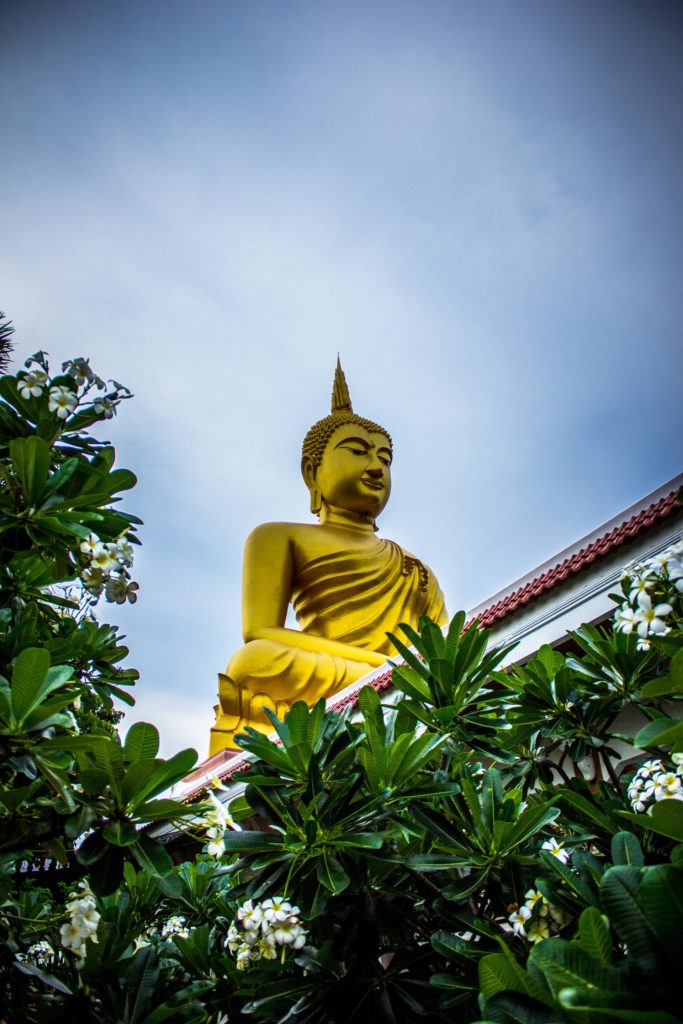
Historically, the roots of Buddhism lie in the religious thought of Iron Age India around the middle of the first millennium BCE. This was a period of great intellectual ferment and socio-cultural change known as the “Second urbanization”, marked by the composition of the Upanishads and the historical emergence of the Sramanic traditions.
New ideas developed both in the Vedic tradition in the form of the Upanishads, and outside of the Vedic tradition through the Śramaṇa movements. The term Śramaṇa refers to several Indian religious movements parallel to but separate from the historical Vedic religion, including Buddhism, Jainism, and others such as Ājīvika.

Several Śramaṇa movements are known to have existed in India before the 6th century BCE (pre-Buddha, pre-Mahavira), and these influenced both the āstika and nāstika traditions of Indian philosophy. According to Martin Wilshire, the Śramaṇa tradition evolved in India over two phases, namely Paccekabuddha and Savaka phases, the former being the tradition of the individual ascetic and the latter of disciples, and that Buddhism and Jainism ultimately emerged from these. Brahmanical and non-Brahmanical ascetic groups shared and used several similar ideas, but the Śramaṇa traditions also drew upon already established Brahmanical concepts and philosophical roots, states Wiltshire, to formulate their own doctrines. Brahmanical motifs can be found in the oldest Buddhist texts, using them to introduce and explain Buddhist ideas. For example, prior to Buddhist developments, the Brahmanical tradition internalized and variously reinterpreted the three Vedic sacrificial fires as concepts such as Truth, Rite, Tranquility or Restraint. Buddhist texts also refer to the three Vedic sacrificial fires, reinterpreting and explaining them as ethical conduct.
The Śramaṇa religions challenged and broke with the Brahmanic tradition on core assumptions such as Atman (soul, self), Brahman, the nature of the afterlife, and they rejected the authority of the Vedas and Upanishads. Buddhism was one among several Indian religions that did so.
